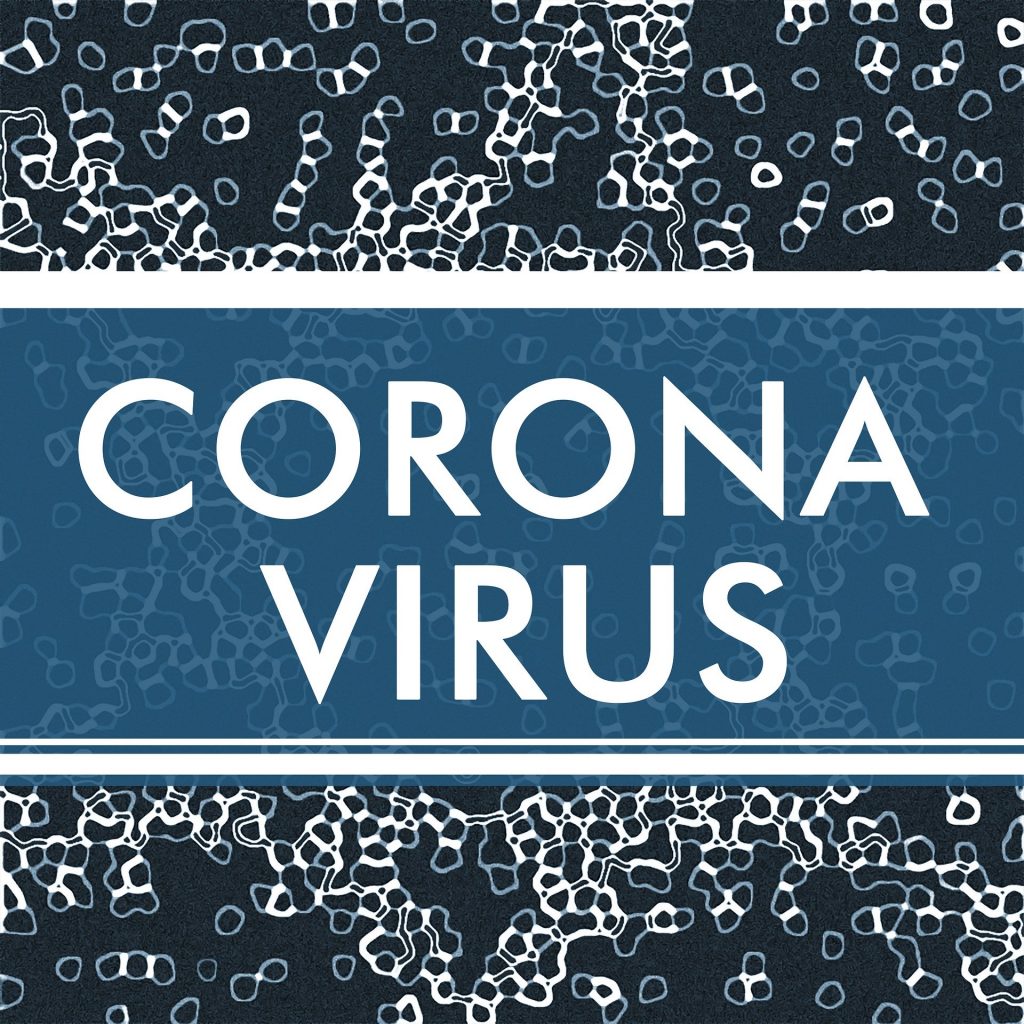Some COVID-19 patients develop severe and persistent nerve injuries that can add to the complexity of post-COVID rehabilitation as well as to the burden of disability for patients, according to a recent study.
The study by JFK Johnson Rehabilitation Institute, JFK University Medical Center, and Saint Peter’s University Hospital identified peripheral nerve injuries in some patients who had been hospitalized and on ventilators for COVID.
The study, published in the American Journal of Physical Medicine & Rehabilitation, calls for the creation of evidence-based guidelines that identify neurologic aftereffects of COVID and establish treatments.
“The patients we studied had severe nerve injuries in random places that wouldn’t be expected or related to their positioning while on a ventilator,” David P. Brown, D.O., a specialist in peripheral nerve injuries and neuromuscular conditions at JFK Johnson, said in a statement provided by Hackensack Meridian Health. “These patients have clear neurologic injuries, and it does appear from our research that the Covid-19 virus could have been the inciting factor.”
The study is called: Focal Peripheral Neuropathies Observed in Patients Diagnosed With COVID-19.
Brown said the eight patients identified with peripheral nerve damage following COVID had considerable impairment, often difficulty walking, and required further treatment and rehabilitation, according to the statement. Nerve damage can cause weakness, numbness, and pain.
Researchers reviewed the charts of patients who received nerve conduction studies and electromyography (EMG). The study focused on patients who had been on ventilators for more than 21 days and had confirmed COVID cases. The study outlined the cases of eight patients, aged 40 to 74, with unexpected nerve damage. The patients all had some co-morbidity, such as high blood pressure or diabetes.
After the nerve damage was identified, the patients received rehabilitation, such as bracing and physical therapy, and have improved considerably, Brown said in the statement.
Neurologic injuries can be part of the constellation of secondary symptoms of COVID, according to the statement. The new study contributes to the body of COVID research as well as the emerging field of post-COVID rehabilitation.
JFK Johnson established a COVID Rehabilitation Program in 2020 to help patients with long-term pulmonary, cardiac, neurologic and other post-COVID symptoms.
“We have known for some time that COVID is more than a respiratory illness and has the ability to attack other organs in the body. This study provides more valuable information about how the virus can potentially impact the nervous system,” Sara J. Cuccurullo, M.D., vice president and medical director of JFK Johnson, said in the statement.
The study called for evidence-based guidelines to identify secondary COVID symptoms, such as peripheral nerve damage and other neurological symptoms — and to find the best rehabilitation strategies to help patients recover as fully as possible, according to the statement.
“We need to understand more about the neurologic implications some patients with COVID experience and how we can best help them,” Cuccurullo said in the statement.

